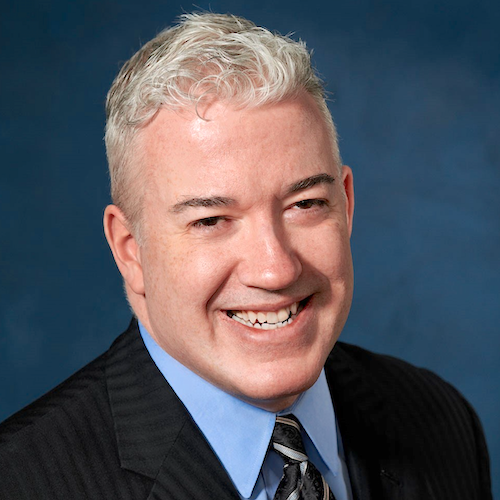
Legislators in New Hampshire have been scrambling to clarify new minimum training requirements for workers in assisted living and other settings caring for residents with dementia after a bill with the requirements was tucked into the state budget and passed even though it “wasn’t ready for prime time,” as one senior living industry advocate describes it.
The requirements, originally part of Senate Bill 255, are intended to “incorporate principles of person-centered dementia care” into training for administrators, nurses and aides, social workers, activities staff members and dining services staff members, among others. All covered staff must undergo dementia training within 90 days of beginning employment. Other staff members who already are employed must receive training within six months if they have not already been trained. Administrators and direct care staff members must obtain at least six initial continuing education hours and at least four hours of ongoing training each year.
“Among other problems, the effective date wasn’t changed from July, even though the budget, due to an impasse between the Republican governor and Democratic legislature, wasn’t adopted until September,” Brendan W. Williams, MA, JD, told McKnight’s Senior Living. He is president and CEO of the New Hampshire Health Care Association, the state affiliate of the American Health Care Association and the National Center for Assisted Living.
Another issue, Williams said, is that the legislative language “was so sloppily copied from another state that it references ‘certified nursing assistants,’ a licensure we don’t even have in New Hampshire.” Instead, the state has licensed nursing assistants.
“Many of these concerns were why SB 255 wasn’t ready for prime time,” he said, adding that the bill was incorporated into the state budget “to everyone’s surprise” so that legislators couldn’t continue working on the bill as they had intended.
NHHCA supports the basic intention of the requirements but has some concerns, Williams said.
“On the assisted living side … we believe it is appropriate to require training for those facilities holding themselves out as providing ‘memory care’ or ‘dementia care,’ less appropriate if it’s mere domiciliary care,” he said. “But the breadth of actors to whom this applies is a concern — volunteers? — and the state’s Medicaid payment for assisted living is far less than the cost of a night’s stay at a Motel 6.”
Williams said the organization’s members “will comply with any legal mandate but do want it to be practicable.”
“We are committed to culturally competent dementia care. We are already providing it,” he said.



